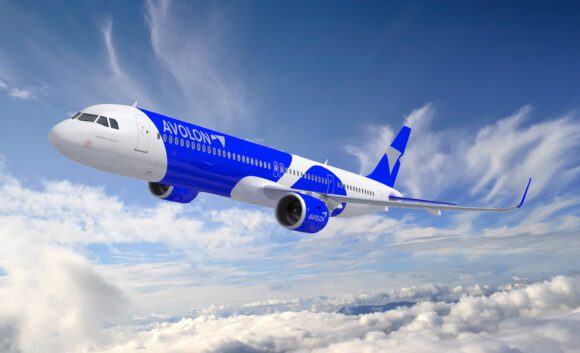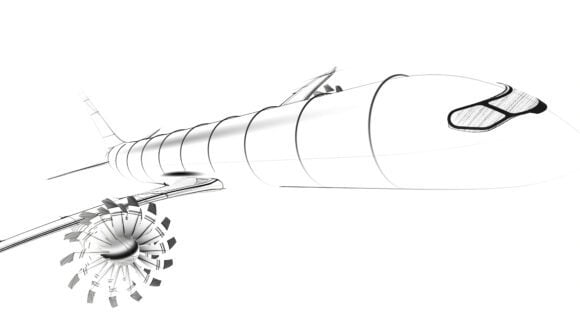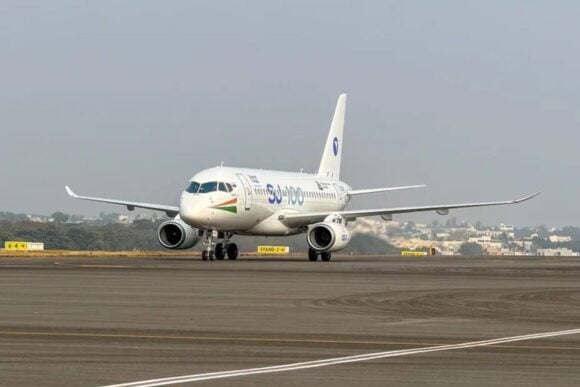
A320 PW GTF 100 SAF flight scaled
Airbus Canada, Pratt & Whitney Canada, and SAF+ Consortium announced an initiative to collaborate on next-generation sustainable aviation fuel (SAF), supported by the Government of Quebec. There’s some big Canadian SAF supply chain news out today.
Known as CADAQ-100, the project will contribute to the industry-wide effort to achieve net-zero CO2 emissions for aviation by 2050, as outlined by Air Transport Action Group and IATA in their decarbonization roadmaps.
Key areas of collaboration include SAF research and testing, including flight testing blends of up to 100% SAF on an Airbus A220 aircraft powered by Pratt & Whitney GTF engines. The project will also comprise feasibility studies for establishing local production facilities for power-to-liquid e-SAF in Quebec. The parties will provide a total financial contribution of more than C$17m, supported by the Government of Québec as part of the collaboration and mobilizing projects on the development of new technologies.
The collaboration will assess the feasibility of developing a commercial e-SAF plant in Quebec, targeting an annual output of up to 100 million liters of e-SAF by 2028. e-SAF would be produced using power-to-liquid technology, using renewable energy to synthesize captured CO2 emissions with green hydrogen, producing a clean aviation fuel with a potential reduction in lifecycle CO2 emissions by up to 90% compared to conventional kerosene. While Quebec Hydro is not mentioned anywhere in the PR, we expect they are going to get involved. Why? Because of the words “renewal energy” – hydro is the key renewable energy in Quebec.
Typical feedstocks used to make SAF include used cooking oil, animal waste fat, solid waste from homes and businesses, and forestry waste. In Quebec, they have this and especially have a lot of forestry waste. Moreover, the world’s largest SAF producer is the Finnish company Neste. Neste announced in 2021 they are looking at setting up a facility in Quebec. This makes Neste another obvious partner to join this project.
Montreal is the world’s third largest aero-cluster and it looks like a great move by the Quebec aerospace players to join forces on this project. Pierre Fitzgibbon, Minister of the Economy, Innovation and Energy, Minister responsible for Regional Economic Development, and Minister responsible for the Metropolis and the Montréal Region is rightly excited about it. “This collaboration will help accelerate our vision to transform Montreal into a North American sustainable aviation hub, something which we have always known could only be achieved as a cross-industry effort,” said Jean Paquin, President and CEO of SAF+ Consortium. “With multiple purchase commitments from Canadian airlines in place, alongside our ambition to achieve net-zero emissions, investment in SAF production infrastructure is urgently needed.”
This project looks like it has the key parts and players to take off and ensure Montreal remains the #3 aero-cluster and also becomes a ket SAF producer.
Views: 26




